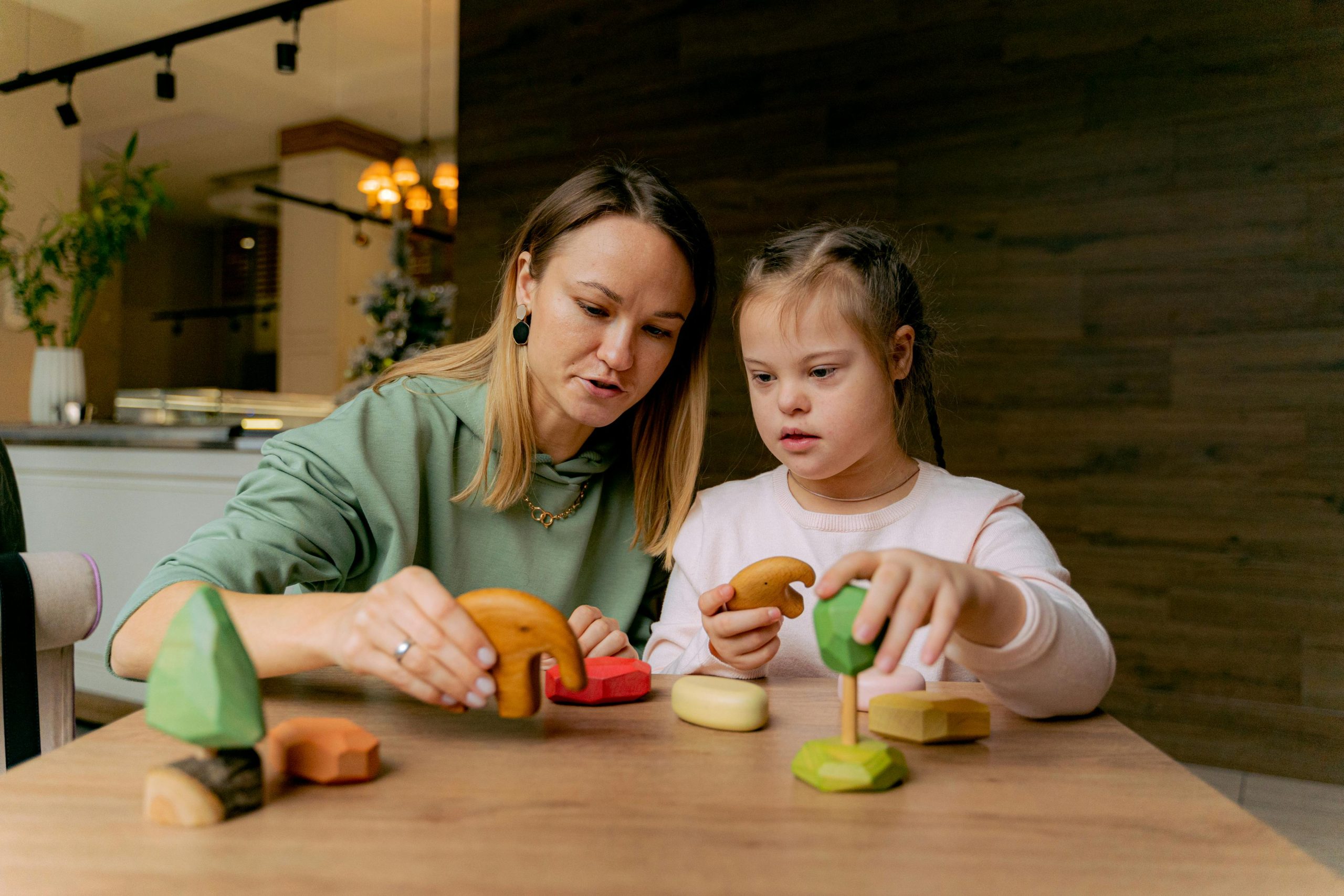When we speak about recovery, we often picture the ones rebuilding — the mother finding a new home for her children, the student starting over in a foreign language, the man searching for work after losing everything familiar.
But behind every story of healing, there is often someone quietly standing in the background — a caregiver.
Caregivers are not always professionals. They are mothers, siblings, social workers, neighbors, volunteers, friends — people who choose to show up, again and again, even when no one notices. They hold space for others’ pain, translate chaos into calm, and offer stability where the ground has disappeared.
They are the ones who listen when words fail, who remind others that dignity and hope are still possible. Yet, their strength often goes unseen — hidden beneath exhaustion, sleepless nights, and the quiet grief of carrying someone else’s world.
To care for others in times of displacement and loss is to hold a paradox: you must be both strong and soft, grounded yet open, giving while not forgetting to receive. And that balance — between compassion and self-preservation — is one of the hardest to sustain.
That’s why supporting caregivers is not optional — it’s essential.
Because when caregivers break down, entire circles of recovery can collapse with them. But when they are supported, trained, listened to, and cared for — communities heal faster.
💡 How to Support the Caregivers Around You
- Ask how they are — and mean it.
Caregivers rarely talk about their own exhaustion. A simple, genuine “How are you doing?” can be a lifeline. - Offer time, not just words.
Cook a meal, take a shift, help with paperwork, or watch the children for an hour. Small actions can mean real rest. - Encourage professional help.
Burnout among caregivers is real. Remind them that therapy, support groups, and supervision are not luxuries — they’re forms of strength. - Acknowledge their work publicly.
Recognition matters. Whether it’s in a community meeting or a social post — remind them their effort changes lives. - Create space for their own growth.
Encourage caregivers to take part in training, learning, and creativity. Growth restores purpose — and purpose sustains compassion.
So today, we honor the invisible strength of those who make recovery possible.
If you are a caregiver — a parent, volunteer, friend, or professional — know this: your presence matters more than words can ever say. You are not just helping others rebuild their lives.
You are part of the foundation that makes growth, dignity, and hope possible.
Related Articles
Continue your journey with these related stories and insights

5 Lessons from People Who Rebuilt Their Lives
From small steps to new purpose — these five lessons come from people who turned loss into growth. Their stories remind us that rebuilding a life is not about returning to the past, but rediscovering hope for the future.

Finding Belonging Far from Home
Belonging isn’t found in a new address — it grows through connection, dignity, and shared humanity. This story explores how people rediscover home far from where they were born, one honest encounter at a time.

The Power of Not Being Alone
Recovery begins the moment we realize we’re not alone. Connection — not just aid — is what truly rebuilds lives after loss and displacement. This story is about the quiet, transformative power of human presence — and how belonging helps people grow again.

